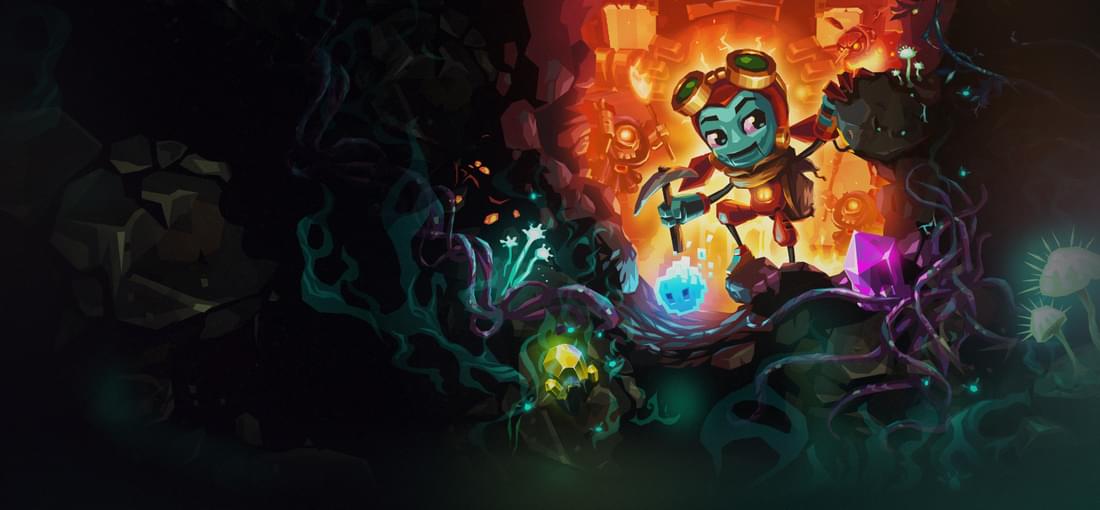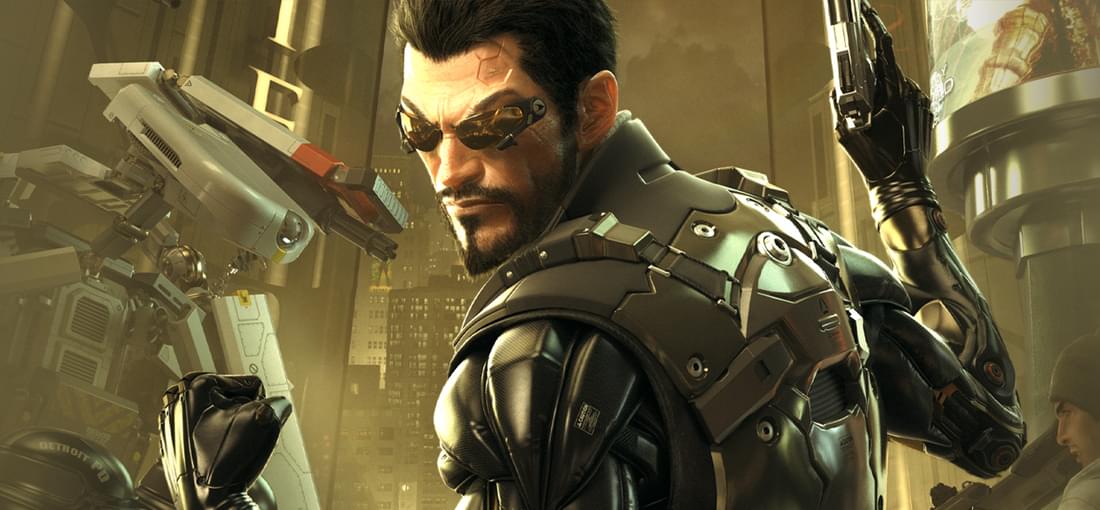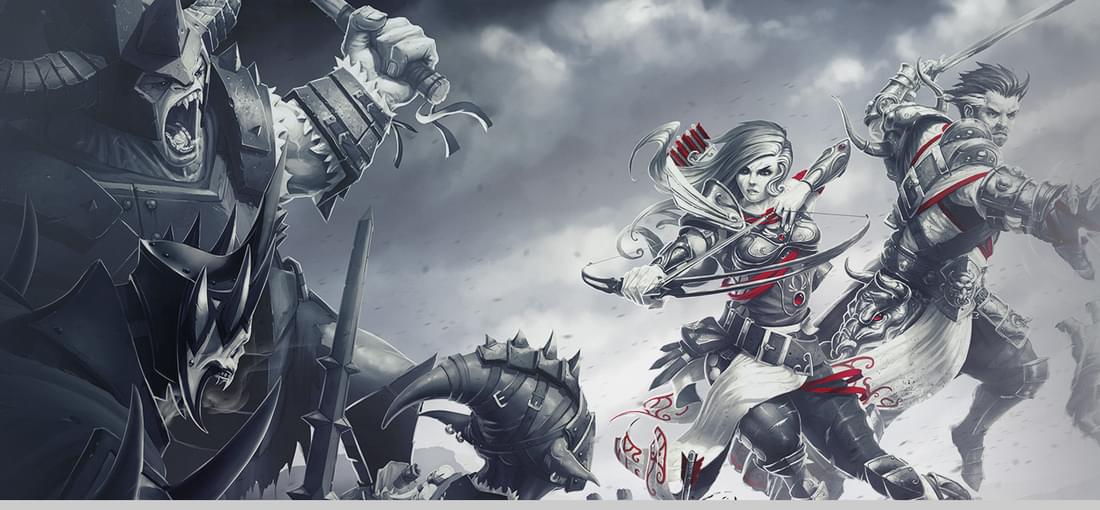


In spite of some bothersome minutiae that almost made the game more frustrating than it was worth, it never quite veers into "bad" territory, and I quite enjoyed playing it. Some key points that others have identified but are worth emphasizing: 1. Weird control choices. Locked into a binary x-y axis with no ability to do anything while in the air creates a lot of artificial difficulty in navigating the environments. Yes, this is mitigated by unlockable abilities, but a satisfying playing experience shouldn't be quite so gated. 2. Experience gated upgrades. Most of those unlockable abilities are locked away behind certain character levels. Those levels exist ONLY to lock away said content, which is frustrating because the content is already locked behind purchasing them in game. You have enough money to get that upgrade? Too bad, you're still 5 levels too low. This was my least favorite aspect of the game, as it introduced a grind to it that is completely at odds with the otherwise charming and open game world. Having said all that, I really liked the rest of what the game did. It has a nice style, an interesting world with fun characters, really good music, and interesting puzzles that progress you through the game. I got sick and basically played it all weekend, finishing it in about 18 hours, so there's also a decent amount to it considering the price. Beep boop baglarb.

This game is incredibly difficult to rate. It does a lot of things well. Very well, in fact. But in the end it all just felt really flat, and it is difficult to ascertain exactly why. It looks great; it has the right feel; the environments are well done; the sound and music are pretty good; character building is decent. Especially in the early areas of the game, it truly shines. For the first couple hours I would say the game was fantastic. With all that said, where does it go wrong? If I could narrow it down to a single concept, I feel that it gets "purpose" wrong. Purpose for me in this context is an umbrella term to encapsulate story, theme, and character motivations. Over the course of playing the game, I found myself wondering "why?" a lot. Why do I need to do this? Why is this character's work so important? Why do I keep trusting this guy? Why would that group want to do that? etc. And often the answer the game gave me (more or less) was: "because that's what the original game did." This is problematic in that so much of what HR does is mirroring the original game's content (it is nearly a shot for shot remake), but without containing the original game's purpose. HR tells a story, but doesn't have anything to say. In the original game, the player unravels a conspiracy that feels very impactful and relevant because it reflects so much of our reality within it, and because it has things to say about that reality. Ultimately that is what makes the game so memorable. By contrast, HR talks a lot about conspiracy, promising the player that they're just about to figure it all out, but in the end resorts to just talking at the player, and indeed most of the game's more interesting/intriguing ideas it presents are left unexamined. The original Deus Ex makes me think, and re-examine the world around me and what I believe about it. HR tells me what I'm supposed to think. It looks and sounds and feels like Deus Ex, but it isn't, so I would rather play the original.

I actually liked the puzzles and more puzzle-style quests in the game, but the story and characters were not interesting enough to maintain my interest, and the combat is just a slog every. single. time. Yes, I was able to figure out most fights eventually, but the time and mental investment is not worth the payoff in my experience (especially when RNG plays such a huge part in pretty much every facet of each encounter). The game has lots of "gotcha" moments via enemies and encounter triggers, so it's not like tactical failings were the primary reason for combat failures much of the time. That's a pretty big "yikes" from me in a game that has the tactical combat as its primary focus. If you're the type of person who likes to play RPGs for the bookkeeping and the number-crunching, and the juggling of stat boosts and status effects while busting out the ruler to measure movement and line of sight in combat heavy campaigns, I think you would actually adore Divinity: Original Sin. I like to play RPGs for the character development and player expression in emergent story situations, and so this game does not do it for me.

There is good, satisfying difficulty, in which a game rewards you for playing well and making good decisions, and punishes you for bad decisions in a way that is correlational to your in-game actions. And then there is bad, frustrating difficulty, in which a game punishes you with hidden random calculations that may or may not reflect anything about your in-game actions, and rewards you for playing well and making good decisions with hidden random calculations that punish you anyway. If you were playing a game of chess, and every time you captured a piece you had to roll a die to see if you actually captured it, or if instead you lose your own piece, would that make the game more difficult? absolutely. Would it make the game more fun or rewarding to play? Ehhhhh..... This game feels like that. When I do well, sure, I did some things "right", but I never felt like I was accomplishing things more than feeling like the game was allowing me to accomplish things. Consequently it didn't feel "challenging" to me, it just felt frustrating. Oh I missed that mind controlling alien that had no health left and a 95% hit chance? Twice? While flanking it and using strong cover? And then on its turn it takes over one of my guys who then instantly kills off a third of my remaining team with a completely unlikely hit? Well I guess I just need to be better. I have no problems with a game being overly punishing. I love me some stupidly difficult games from time to time. But punishments should have a sense of internal logic and consistency to them. If not, then I'm not actually playing a game, because I have no idea what the rules of the game are. And the developers are on record as saying that many of the numbers shown for chance of success and failure in the game are intentionally not accurate. They did it this way because they wanted to force players to experience specific feelings in certain situations. That's not playing a game. That's getting played by manipulation.